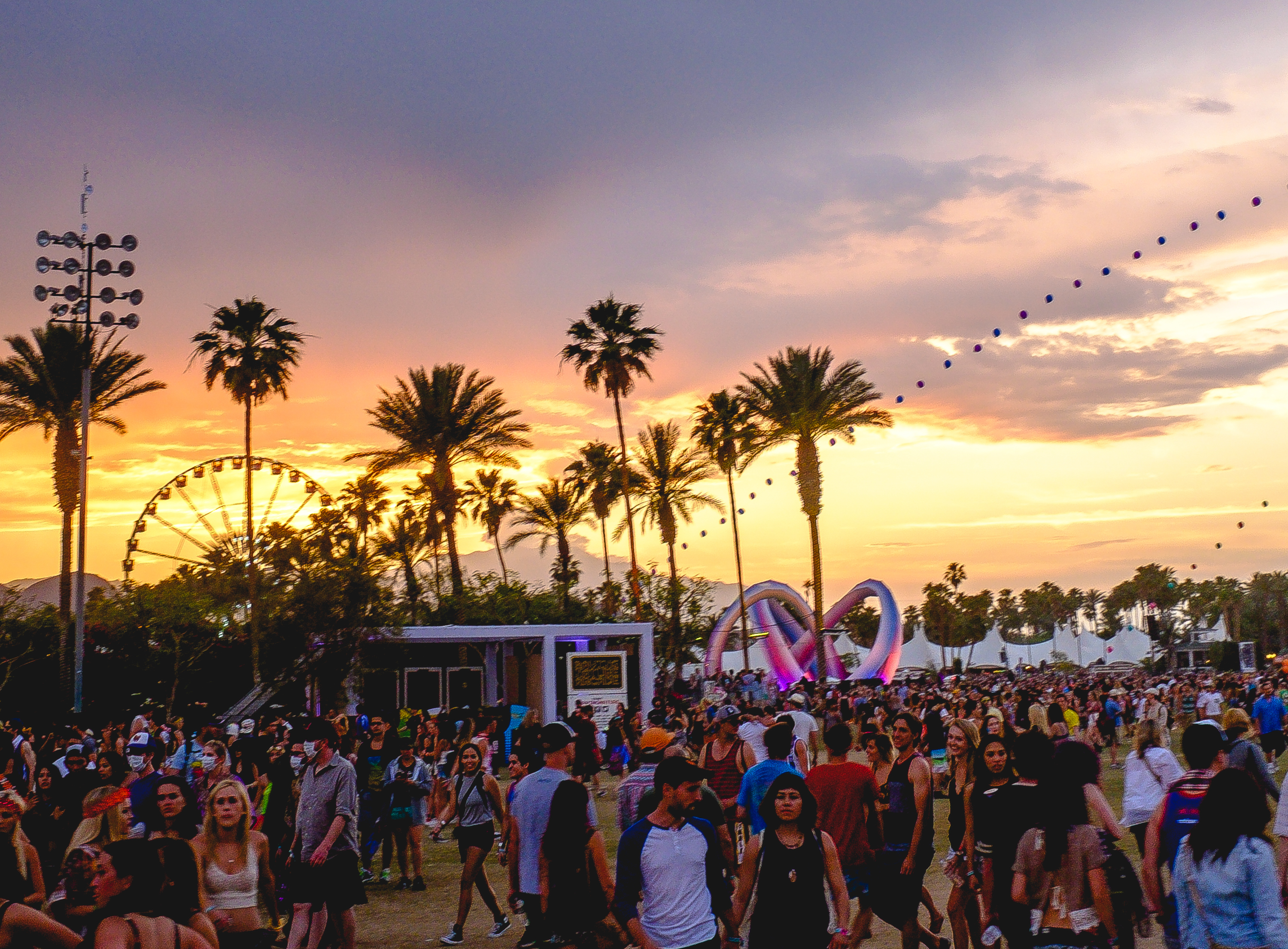Folks, we’ve made it to April. Bunnies are pooping out neon-colored eggs, the blazing hot days are fading into bitter cold nights and the unnecessarily wealthy bloggers of the internet are flocking to Indio, California, to post pictures proving that yes, in fact, they did go to Coachella.
Coachella is one of the most popular music festivals. It’s an oasis of coolness where the wealthiest young socialites drop their limited responsibilities to wear their cutest clothes and see whose pictures can get the most likes in the trendiest-looking spot there is to offer.
Oh yeah, and there’s music, too.
Despite its stronghold on popular culture, Coachella is undeniably problematic in its contributions to several anti-LGBTQ+ funds. As recently as 2014, Coachella owner Philip Anschutz donated to homophobic organizations such as the Family Research Council, Promise Keepers and The Navigators, according to Spin magazine.
[Read more: Review: Donald Glover proves just how talented he is with ‘Guava Island’]
But Anschutz’s support for anti-LGBTQ+ causes hasn’t prevented several artists who identify as LGBTQ+ or as allies of the community — such as Ariana Grande, Kacey Musgraves and Janelle Monáe — from continuing to perform at the festival.
After posting on Instagram about her Coachella performance and having fans ask her why she performed at the controversial venue, rapper Lizzo responded that she’s using the platform to spread her message of love, even though the venue is owned by a homophobic person, according to Billboard.
Other artists have utilized their platform to promote a queer-friendly agenda — Grande displayed a pride flag onstage during her performance.
Honestly, it can be hard to hate on Coachella. It’s a sign of an artist’s notability, so when up-and-coming artists such as Lizzo, Rico Nasty or King Princess make the lineup, you want to be happy for them. It’s exciting that they get the chance to perform for a larger crowd and potentially expand their audience.
*Cue sequence of many rhetorical questions*
But — why does making the Coachella lineup mean so much? Why does a festival so far removed from what the average music listener experiences serve as an indicator of musical success?
This leaves me at a crossroads. Do I support the artists I love when they get the opportunity to perform on this massive platform? Or do I speak out against the festival and the causes it may or may not be funding?
*End of sequence*
At the end of the day, Coachella isn’t going anywhere. And based on my bank account, I’m not going anywhere either, let alone Coachella.
[Read more: One year after his death, a look back on Avicii’s legacy]
As consumers, we should try to obtain the best of both worlds. We can be happy when our favorite artists make it to the big stage without supporting the festival itself. The key factor in doing so is to stay aware of the implications that come with supporting Coachella. And we need to keep the conversation alive: Coachella is, in fact, problematic. You can livestream your favorite artist’s performance on YouTube without putting a penny into Coachella’s pockets.
Urge people not to go to this festival and support it monetarily, and urge your artists to stand up for the issues that Coachella won’t stand up for.
With that, I hope everyone reading this enjoys Beyonce’s 2018 Coachella performance, showcased in her new Netflix documentary, Homecoming.



